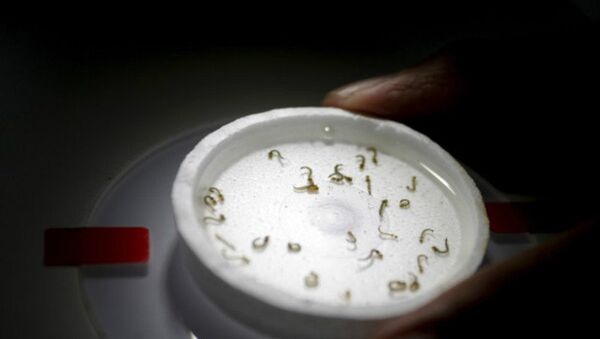"Identifying Zika cases more quickly helps people take steps to avoid additional transmission that much sooner, which helps protect pregnant women and others at risk of Zika infection," ASPR Biomedical Advanced Research and Development Authority Acting Director Richard Hatchet stated.
Most people infected with the Zika virus do not develop symptoms and are thus unlikely to be tested while the virus is active in their blood. The new test would detect antibodies present in the body between two weeks and three months after infection, according to the HHS.
Last week, officials in the US state of Florida announced that they identified five additional cases of locally-transmitted Zika virus, bringing the total number of confirmed cases in the state to 26.
The current Zika outbreak began in Brazil in the spring of 2015. The virus is transmitted by daytime-active mosquitos and does not cause serious complications in healthy adults, but can cause severe brain defects in infants.



